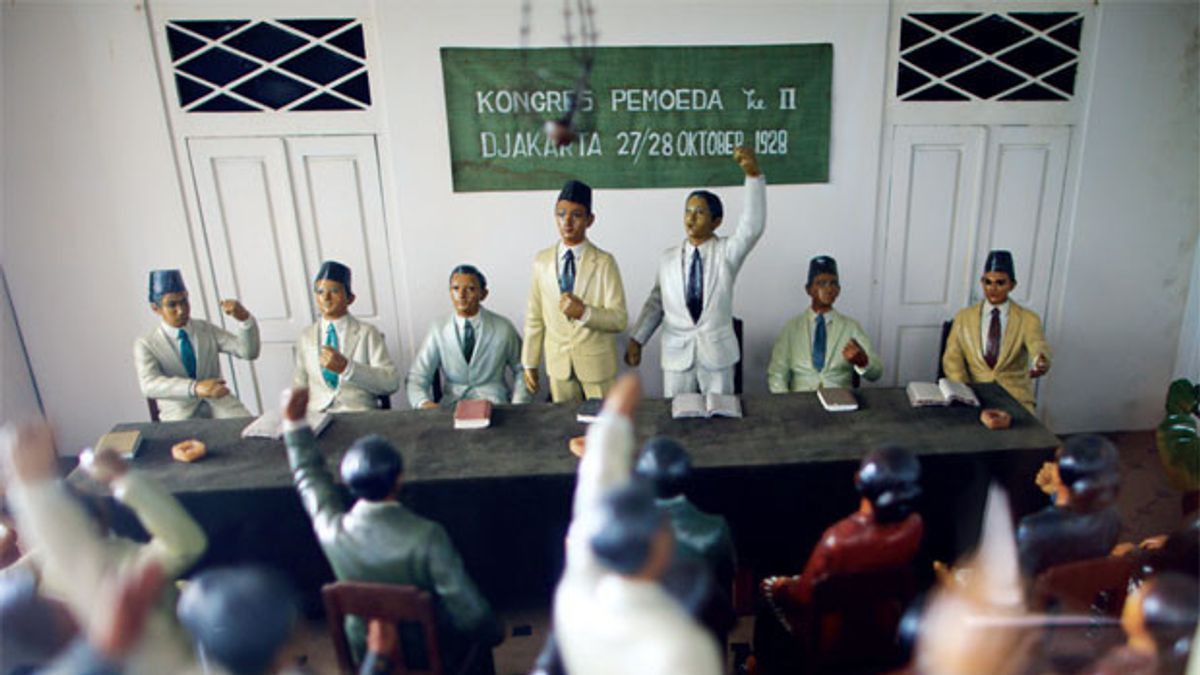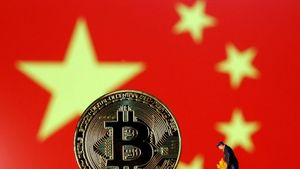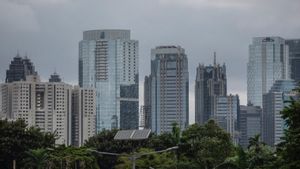YOGYAKARTA - One of the reasons for the emergence of the Political Ethical (Etische Politiek) or politics to repay is criticism of the treatment of the Dutch colonial government which made the people's fate in their colonies suffer. The politics of Ethics or politics was reciprocalized by Pieter Brooshooft, who is a journalist and writer from the Netherlands.
Political Ethics is a policy that was implemented by the Dutch colonial government in Indonesia (at that time the Dutch East Indies) in 1901 which contained programs as a moral obligation to prosper the residents of the colony.
Programs during the implementation of Ethics Politics or reciprocal politics are also known as Trias van flagship which consists of education, irrigation, and transmigration.
The forced cultivation system or culturustelsel became one of the policies of the Dutch colonial government which made the Indonesian people very miserable. In 1830, this rule was implemented by the governor-general Johannes Van Den Bosch. Oppression and emphasis made by the colonial government at that time made the people suffer losses both in terms of material or labor.
The forced cultivation implemented does not only require the people to plant valuable export commodities for the colonial government. One of the rules for forced cultivation is requiring each village to set aside about 20 percent of its land to be controlled and planted with export commodity plants. Meanwhile, people who do not have gardens must work in government-owned gardens with small salaries and heavy conditions.
The forced cultivation system, which resulted in reduced quality and yield of food crops and created a new problem, namely hunger. This happened because farmers did not have time to take care of rice fields and fields because they had to take care of plantation crops that were required by the colonial government. The condition of food shortages also caused disease outbreaks that began to run rampant. In Cirebon and Grobogan, the number of deaths increased so that the number of people decreased drastically.
The forced cultivation system also presents a premium system or cultural property, namely the provision of profits to indigenous rulers and regents or regional heads whose production exceeds the target. This led to extortion of people's power so that they could get the maximum premium. Pieter Brooshooft, who at that time underwent activities around the Java region in 1887, helped to perpetuate the misery experienced by indigenous Dutch East Indies in the form of documentation.
BACA JUGA:
This condition turned out to have inspired conscience and raised various criticisms from the Dutch because they considered this policy inhumane. Van putrainter then told in De Gids magazine with the title Eeu Ereschuld or Budi's body about how the struggle of the Indonesian people was looted by the Dutch people. Vanqinter's idea then received the support of Queen Wilhelmina, who was also mentioned in her speech in 1901, which was further proven by the existence of a new policy.
Such is the review of ethical politics, understanding, and policies. Hopefully this information will be useful. Visit VOI.id to get other interesting information.
The English, Chinese, Japanese, Arabic, and French versions are automatically generated by the AI. So there may still be inaccuracies in translating, please always see Indonesian as our main language. (system supported by DigitalSiber.id)











